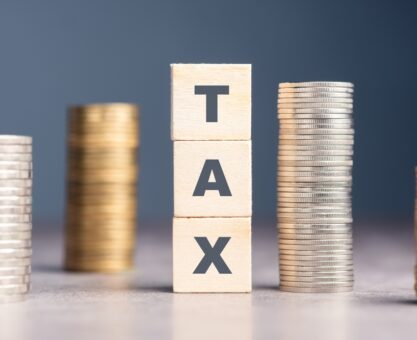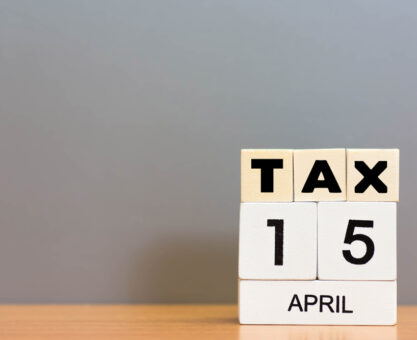According to an AARP Home and Community Preferences Survey, 77% of adults age 50 and older want to remain in their home as long as they’re physically able. Being close to family and friends in a community they love are the top reasons they’re choosing to age in place. Keeping your home in retirement may work for you depending on your financial situation and other factors.
Your Mortgage Is Paid Off Or Close To Being Paid Off
Surveys show that the average retiree spends about $1,500 per month on housing. As a result housing is the top expense when living on a fixed income in retirement. If you’ve already paid off your mortgage, you’re ahead of the game. And the same logic applies if you’ve substantially paid down your home loan before retiring. There are tax advantages, too. If you itemize deductions on your federal tax return instead of taking the standard deduction, married couples filing jointly can deduct up to $10,000 of property taxes.
When you do the math, buying a smaller home in a retirement community may end up costing more than keeping your current home. After covering closing costs and moving expenses, higher mortgage interest rates and HOA fees may make your monthly payment more expensive than what you’re paying now.
“If your home also happens to be mortgage-free, you’ll be leaving a valuable legacy for your kids and grandkids when you pass away.”
Your Home Will Build More Equity
Staying in your home to build more equity makes sense because the value will likely rise in the coming years. The current national average home appreciation rate is 14.5% year over year. It all adds up to a higher profit if or when you decide to sell your home in the future.
If your home also happens to be mortgage-free, you’ll be leaving a valuable legacy for your kids and grandkids when you pass away. If this is your plan, connect with an estate-planning professional to discuss ways your loved ones can avoid probate court when they inherit the family home.
Staying In Your Home Gives You Flexibility
If you sell your home as soon as you retire you lose the privilege of changing your mind at a later date. If or when your financial situation changes, you still have the option of selling and adding the proceeds to your retirement nest egg. You also have the flexibility of taking out a Reverse Mortgage that turns your home equity into a source of retirement income. Even better — the payments you receive from a Reverse Mortgage are not considered taxable income under IRS rules.
To learn more, connect with an FRC® trained advisor.
Source:
https://www.aarp.org/pri/topics/livable-communities/housing/2021-home-community-preferences/


























